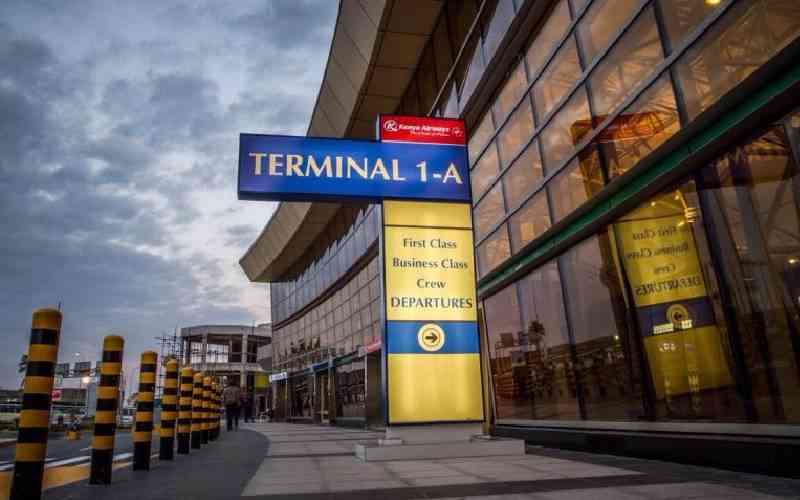High cost of land coupled with poor infrastructure has seen Nairobi’s Industrial Area lose its allure as the preferred manufacturing hub in the country.
According to a new report by real estate consultancy Knight Frank, investors are now putting their money on Nairobi’s outskirts, including existing and planned industrial parks.
This, the firm said, could see the area lose out on planned investments, particularly warehousing which has been tipped to drive growth in the coming years.
Companies with huge storage requirements such as retailers are expanding their footprint in Kenya.
The need for alternative areas to set up premises for new entrants in the local logistics and warehousing industry is being driven by more infrastructure development, making access to certain parts of Nairobi easier.
“Challenges such as poor infrastructure and high land costs have made investment in the industrial area increasingly difficult, pushing developers to seek sites elsewhere around the city,” said Knight Frank in the report titled Africa Horizons.
“Nairobi, however, is benefitting from major road improvements, including the construction of the northern, eastern, southern and the more recent western bypass.
Among the major warehousing investments that are finding Nairobi’s outskirts ideal include Africa Logistics Properties.
The huge warehouses are expected to service the country’s formal retail sector, which is seen to be tending to maturity, with their storage needs outstripping the warehouses that they have traditionally used.
The retail sector is also increasingly looking for logistics companies to outsource some of the functions that they have in the past been done internally.
“Kenya’s formal retail sector has undergone rapid transformations over the last couple of years.
International retailers such as Shoprite and Carrefour have entered the market with Nairobi a key part of their expansion plans in the sub-Saharan region,” said Knight Frank.
“At present, many retailers import goods and make use of small storage facilities at their stores, but as retailers gain critical mass within Kenya, they are increasingly requiring large centralised warehouses. This sector is a key source of warehousing demand, albeit food and beverage companies generally build their own facilities, while retailers prefer to lease warehouses.”
This continued expansion of international and Kenyan companies is expected to generate demand for increasingly sophisticated logistics properties, particularly around Nairobi.
But this will be accompanied by a continued shift in activity from the existing industrial area to emerging hubs such as the Northlands Ruiru areas.
A-grade warehousing commands monthly rentals in the north of $6 (Sh600) per square metre, which is almost double that of the predominant current stock of older units that lack modern design features such as cross-docking and intermodal facilities.
The growing warehousing and logistics facilities as well as improved infrastructure are also expected to open up further opportunities in the wider the Great Lakes region, including landlocked countries such as Uganda, Rwanda and South Sudan.
 The Standard Group Plc is a multi-media organization with investments in media
platforms spanning newspaper print operations, television, radio broadcasting,
digital and online services. The Standard Group is recognized as a leading
multi-media house in Kenya with a key influence in matters of national and
international interest.
The Standard Group Plc is a multi-media organization with investments in media
platforms spanning newspaper print operations, television, radio broadcasting,
digital and online services. The Standard Group is recognized as a leading
multi-media house in Kenya with a key influence in matters of national and
international interest.
 The Standard Group Plc is a multi-media organization with investments in media
platforms spanning newspaper print operations, television, radio broadcasting,
digital and online services. The Standard Group is recognized as a leading
multi-media house in Kenya with a key influence in matters of national and
international interest.
The Standard Group Plc is a multi-media organization with investments in media
platforms spanning newspaper print operations, television, radio broadcasting,
digital and online services. The Standard Group is recognized as a leading
multi-media house in Kenya with a key influence in matters of national and
international interest.









